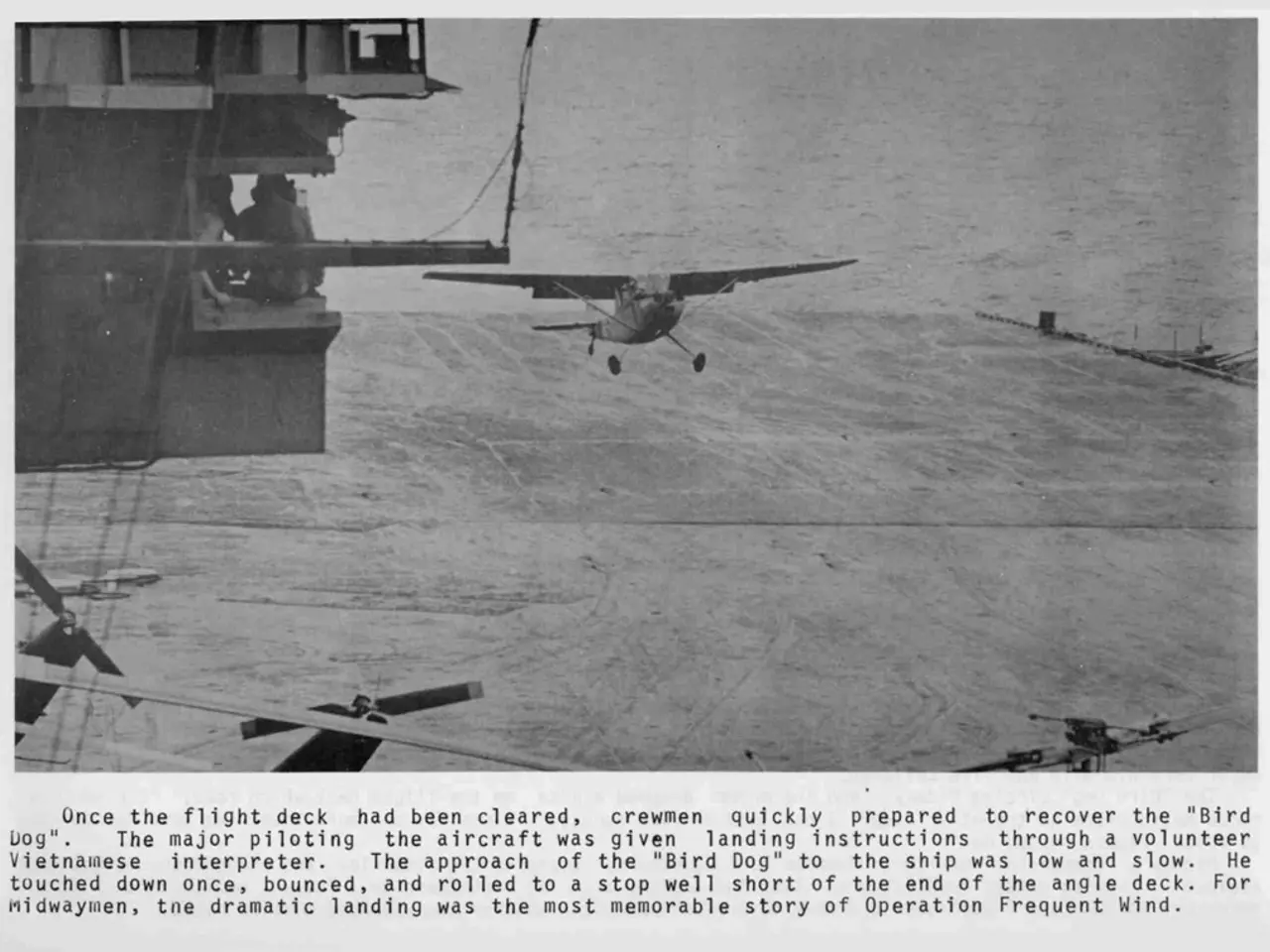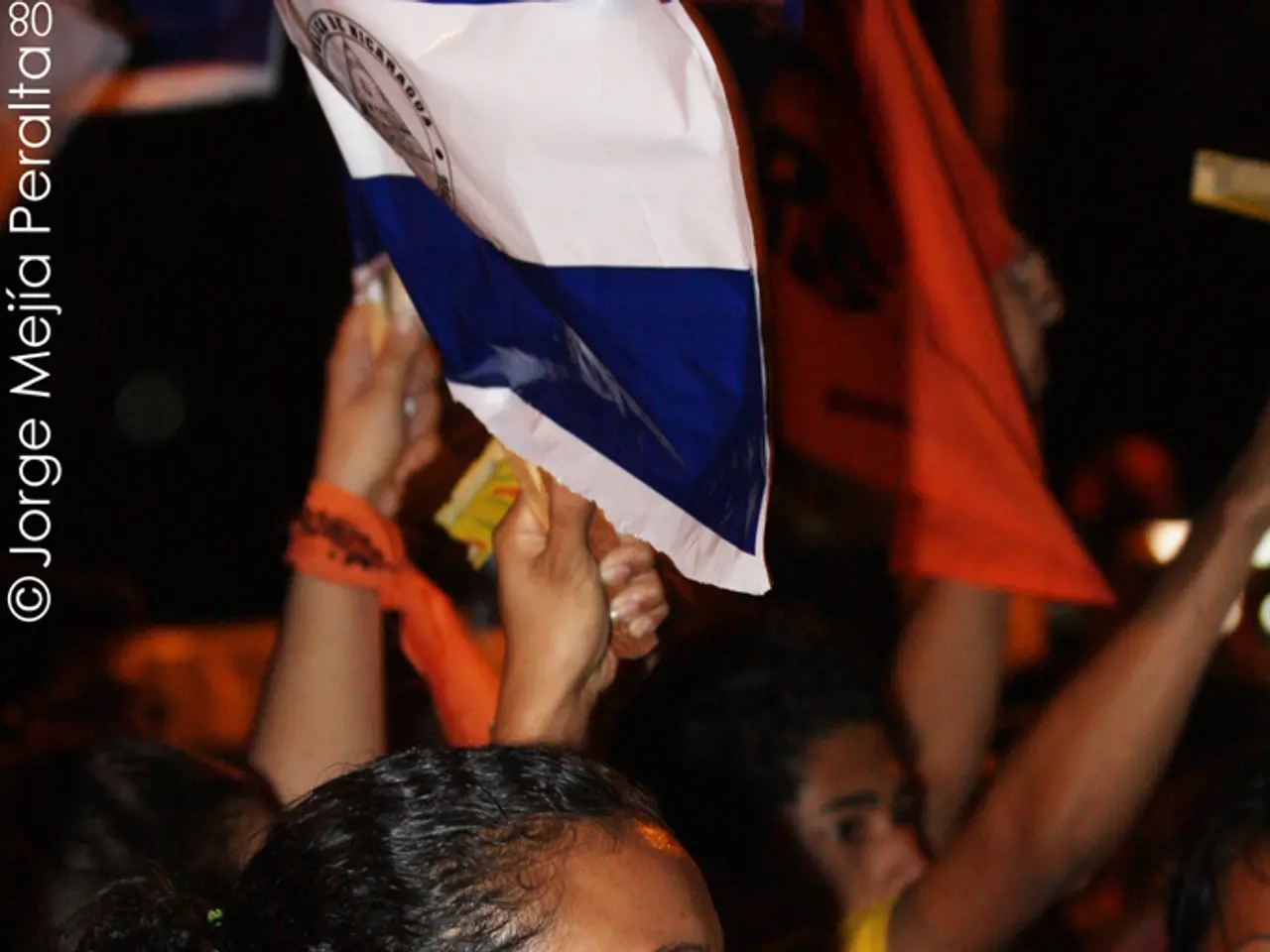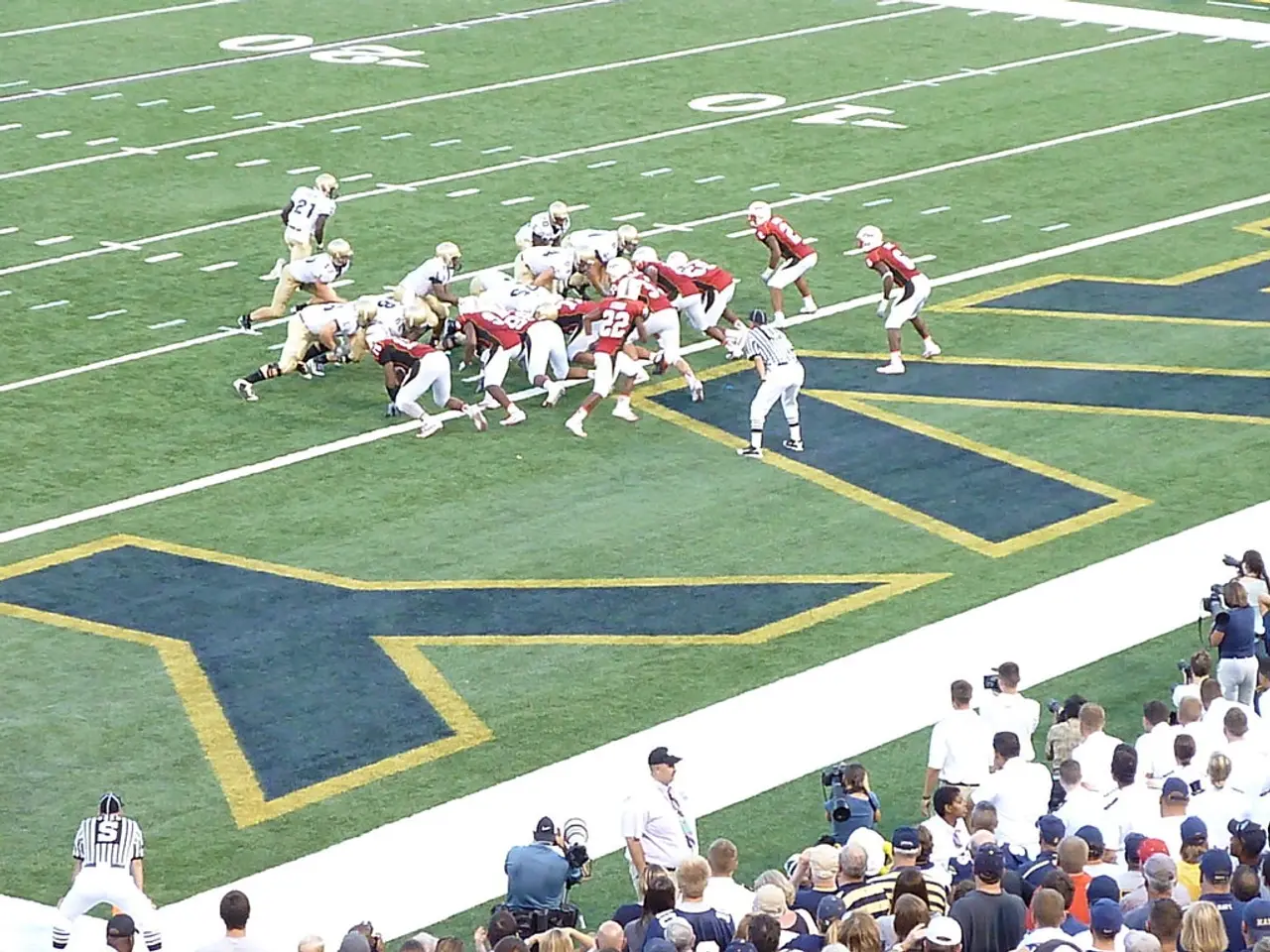Implementing kiwi-style retaliation: Houthi calls for a missile strike and three drone assaults on Israeli soil
On July 1, 2025, Yemen's Houthi group launched a ballistic missile, reportedly of the "Palestine-2" hypersonic type, towards Israel's main international airport near Tel Aviv, Ben Gurion Airport. The attack was announced by Houthi military spokesperson Yahya Saree on al-Masirah TV, claiming the strike successfully disrupted airport operations and forced millions of Israelis into shelters. Simultaneous drone attacks were reported on sensitive sites in Eilat, Tel Aviv, and Ashkelon.
The Israeli military confirmed the missile was fired towards Israel, triggering air raid sirens in central and southern regions, including Jerusalem. However, the missile was intercepted by Israel's air defense systems, including the Iron Dome and Arrow missile defense system, and no injuries or damage were reported.
In response, Israeli Defense Minister Israel Katz vowed retaliation against the Houthi forces. Previous retaliatory strikes by Israel have targeted ports, energy facilities, and military sites in Houthi-controlled areas in Yemen. These strikes have resulted in significant casualties and material damage.
The Houthi's actions are seen as a continuation and escalation of the conflict spillover from the Israeli-Palestinian war into Yemen, where the Houthis have aligned themselves with the Palestinians, particularly Hamas. The missile strike on Ben Gurion Airport highlights the reach of the Houthi's missile capability and their intent to pressure Israel by targeting critical civilian infrastructure.
The incident exacerbates regional instability, raising the stakes in the Yemeni conflict and the broader Middle East tensions involving Iran-backed actors supporting Palestinian factions. The US has been involved, having previously launched strikes against the Houthis to deter attacks on Israel and commercial shipping. However, the Houthis remain committed to continuing missile strikes against Israel.
This event signals an ongoing proxy dimension of the Israel-Palestine conflict reaching Yemen, with implications for regional security and potential escalation between Israel and Iran-aligned groups. As the situation continues to evolve, it is crucial for all parties to prioritise diplomacy and de-escalation to prevent further escalation and maintain regional stability.
[1] Al Jazeera. (2025). Houthi rebels claim attack on Ben Gurion Airport. Retrieved from https://www.aljazeera.com/news/2025/7/1/houthi-rebels-claim-attack-on-ben-gurion-airport
[2] Reuters. (2025). Israel intercepts missile fired from Yemen, no injuries reported. Retrieved from https://www.reuters.com/world/middle-east/israel-intercepts-missile-fired-yemen-no-injuries-reported-2025-07-01/
[3] BBC News. (2025). Israel attacks Houthi targets in Yemen after missile fired. Retrieved from https://www.bbc.com/news/world-middle-east-57864532
The incident was reported across various general news outlets, such as Al Jazeera and BBC News, as well as being covered in the political and sports sections due to its regional implications and potential escalation.
Following the attack, there was a focus on sports news less, as the ongoing war-and-conflicts in Yemen, involving Iran-backed actors and Palestinian factions like Hamas, continued to dominate headlines. The sports sector took a backseat to critical events, including diplomatic efforts for de-escalation and stability in the region.








